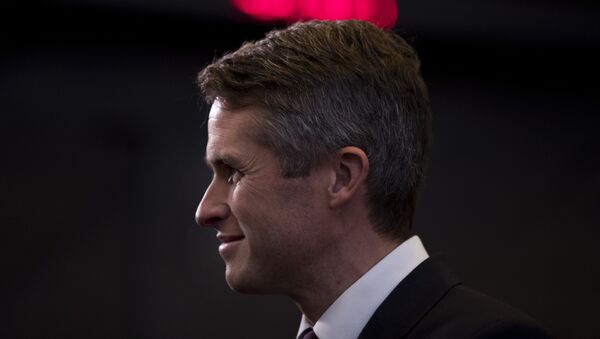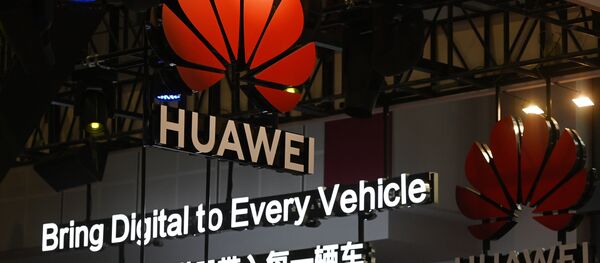UK police have ruled out an investigation into the leaked National Security Council discussions on Huawei's role in Britain's 5G network build-up, which resulted in the sacking of Gavin Williamson as defence secretary.
A top police official said the leak inquiry carried out by the government had not identified any misconduct that constituted a criminal offence, and thus a police investigation was not required.
READ MORE: May Bars Criminal Investigation of Disgraced Defence Minister Over Huawei Leak
"I am satisfied that what was disclosed did not contain information that would breach the Official Secrets Act," Neil Basu, the head of the UK's counter-terrorism policing, said on Saturday.
Basu was referring to the 1989 law that prevents UK government workers from divulging particular information that could be used against the government.
He added: "The leak did not cause damage to the public interest at a level at which it would be necessary to engage misconduct in a public office. It would be inappropriate to carry out a police investigation in these circumstances."
It comes after Met Police Commissioner Cressida Dick said a police investigation would only kick off if the Cabinet Office made a complaint, but Theresa May reportedly noted that the matter was "closed".
Defence Secretary Gavin Williamson was sacked on Wednesday following the Huawei inquiry leak. He was accused of divulging the details of a confidential meeting of the National Security Council on whether to allow the Chinese telecom giant to take part in building Britain's future 5G mobile phone network.
While Prime Minister Theresa May said investigators had found "compelling evidence" that Williamson was the source of the information spill, namely, an 11-minute phone conversation with a journalist to which he admitted, the former cabinet minister insisted that it did not have to do with confidential information and called the investigation a "witch hunt from the start".
As the row occupied headlines in the UK this week, reports surfaced that some ministers had been given special containers to shield their mobile phones during sensitive discussions from potential eavesdroppers.



